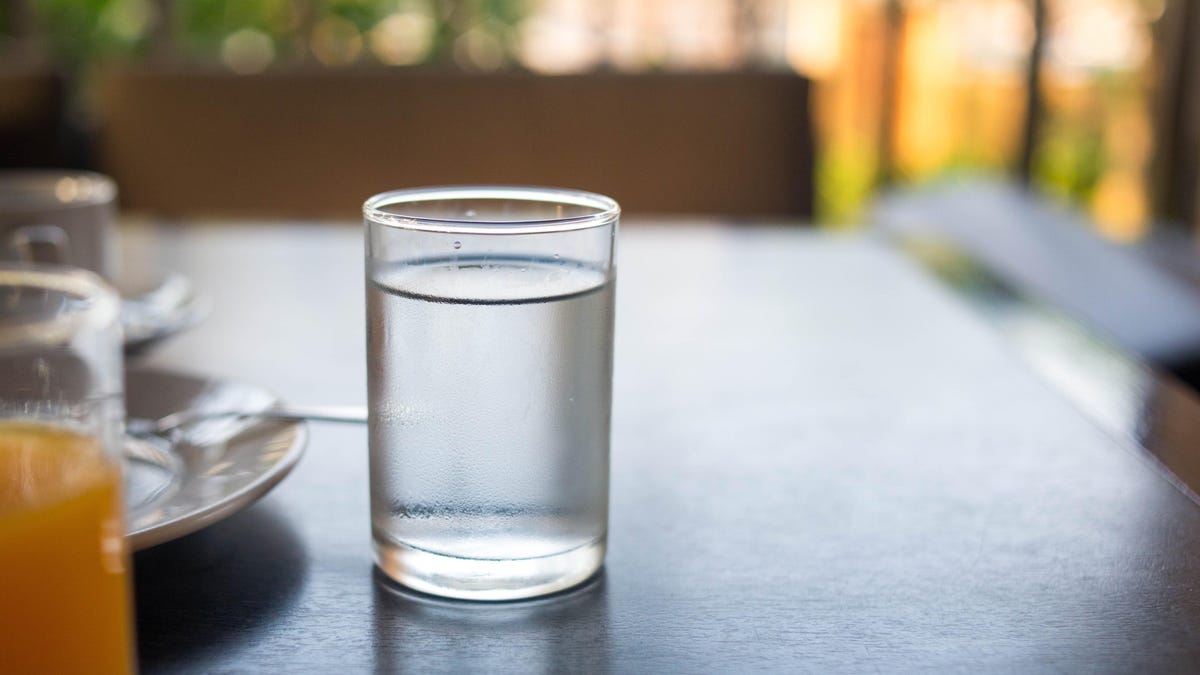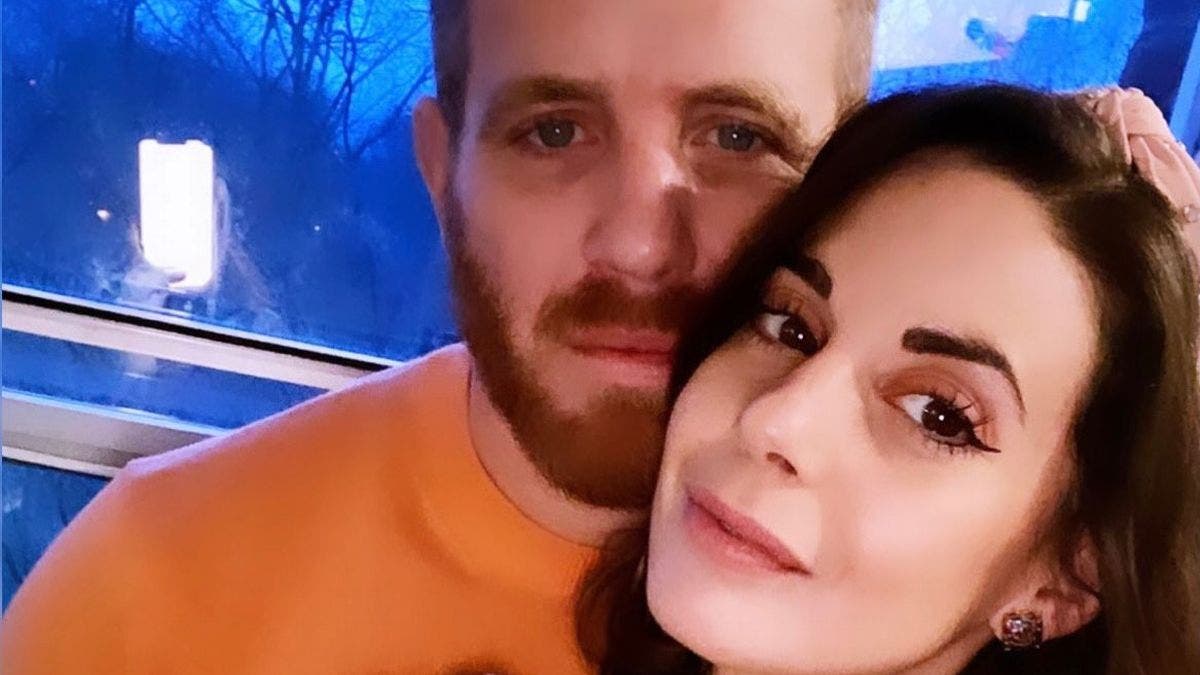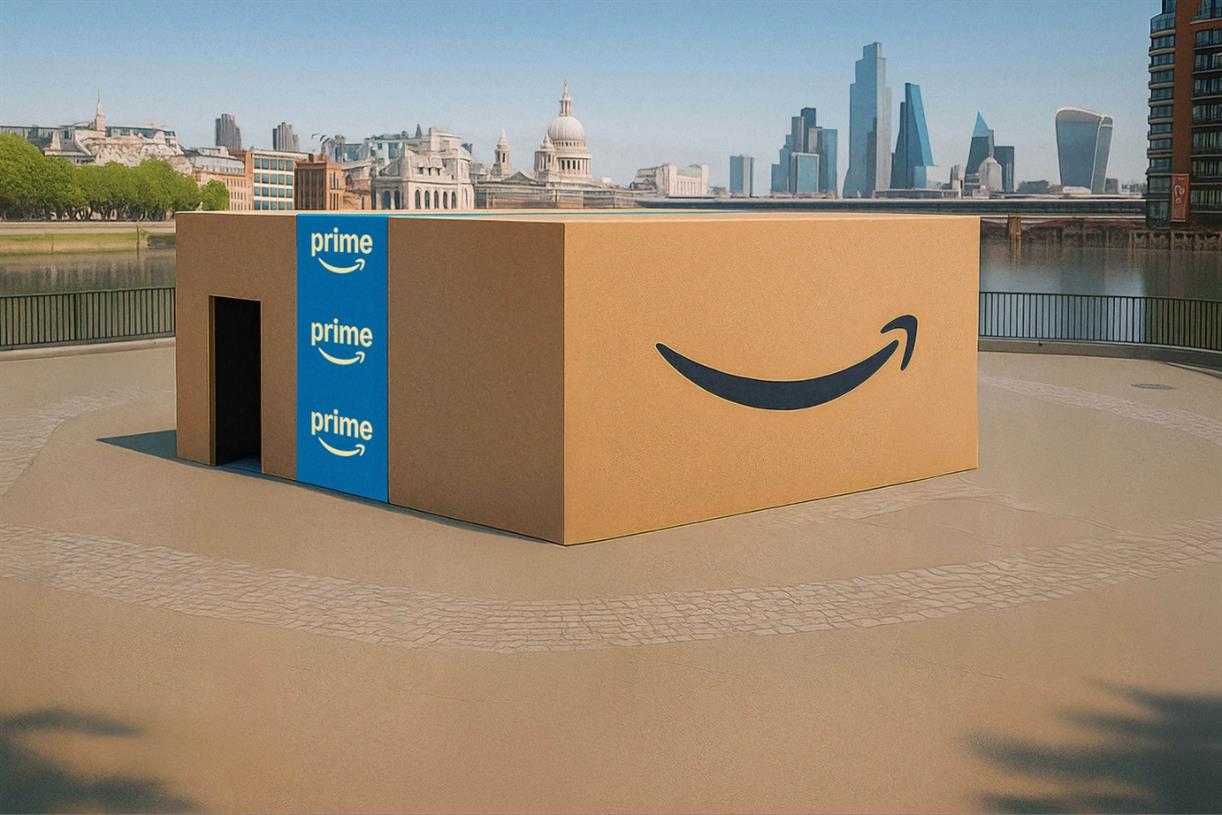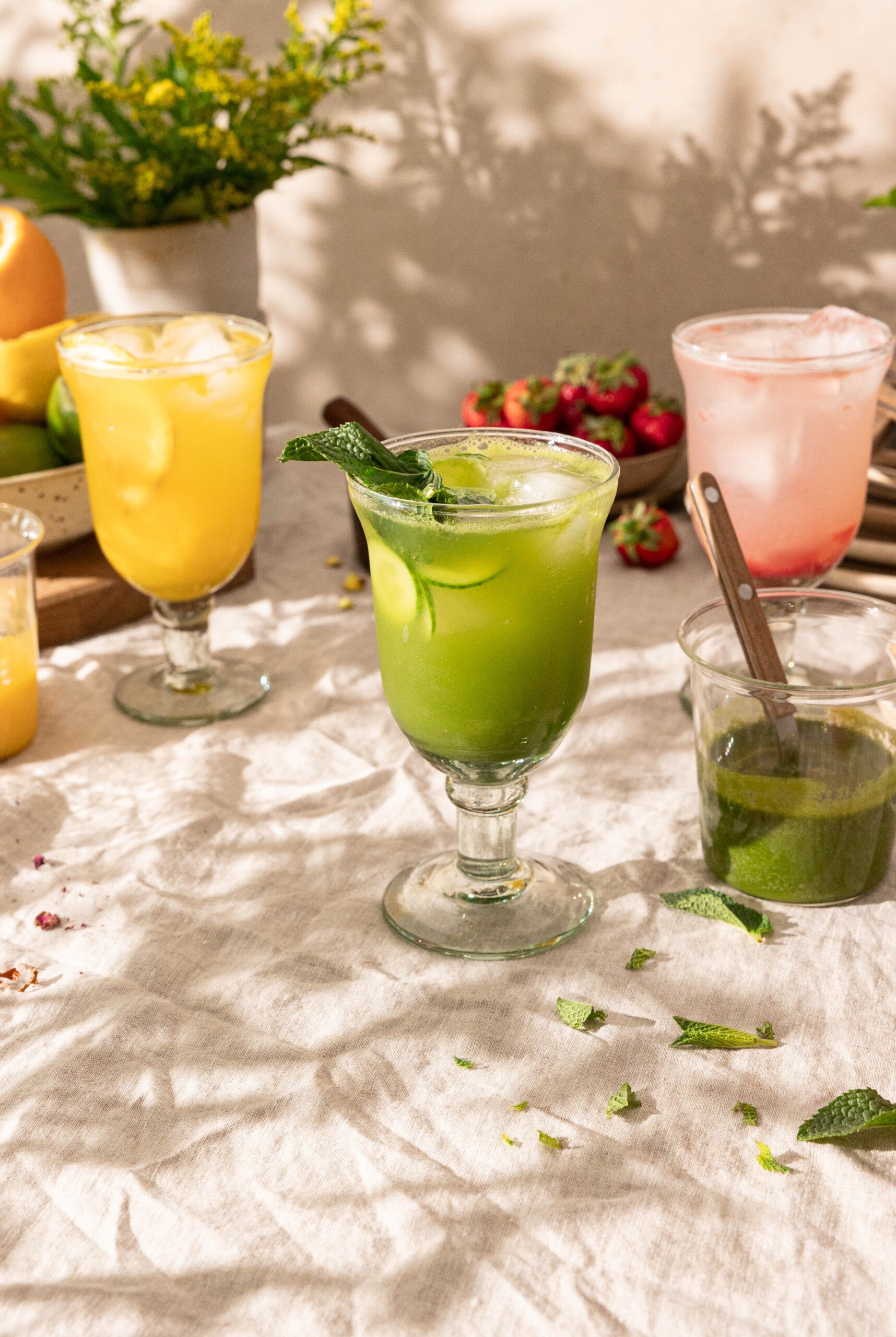Yes, Your Water Can Go Bad
We all know that food and drinks can go bad. Your refrigerator likely has items right now that were once wholesome food and is now...not wholesome, and no longer food. But one basic component of our lives that might...

We all know that food and drinks can go bad. Your refrigerator likely has items right now that were once wholesome food and is now...not wholesome, and no longer food. But one basic component of our lives that might seem immune to that spoilage is water. It’s a pretty fundamental compound, after all, and doesn’t contain anything other than a bunch of hydrogen and oxygen, so there doesn’t seem to be anything in there that other organisms could defile. When your leftover mint chutney goes bad, it makes sense, but water seems so impervious that noticing an expiration date on a bottle of water seems kind of ludicrous. But it’s not completely wrong. Water doesn’t rot or spoil like many foods, but there’s definitely a shelf life.
When tap water goes bad
Water that comes out of your faucet has most likely been treated with chlorine, which helps keep it free from microorganisms that can do you harm. But that water will react with the carbon dioxide in the air continuously, lowering the pH of the water, making it more acidic, which will can make it taste funny. Additionally, uncovered water will collect dust and other stuff from the air, adding to the unpleasantness. Eventually, this process could even make you sick—although the water would have to sit there a very long time before it became dangerous as opposed to just gross.
At the same time, that chlorine that was added is off-gassing and leeching away, making the water more inviting to organisms. The executive summary is that a glass of tap water left out overnight might taste weird, but is probably okay to drink from a health point of view. But water that sits out for a very long time should probably be avoided—especially if there are obvious signs of things, you know, living in it.
In terms of stored water, as a general rule tap water can be stored for about six months as long as it’s in food-grade containers that have been sanitized. After that, the chlorine treatment will no longer be effective, and even trace amounts of stuff can start to grow in there. This includes filtered water. That filter may do a great job of pulling out bad stuff from your tap water, but the moment the water interacts with the atmosphere, all of these processes start up, eventually leading to a glass of water that is unpleasant at best, and potentially sickening at worst.
When bottled water goes bad
Commercially bottled water lasts longer than exposed water, but it will eventually go bad. The water is pure when bottled, and the plastic (mostly) prevents microorganisms from getting in there—but the plastic itself is the problem. The plastic isn’t totally impenetrable, so the water will very slowly react with the air outside the bottle, evaporating and providing a slim-but-not-zero chance of contamination. More importantly, chemicals from the plastic can slowly leech into the water—a process sped up by exposure to heat and the sun. These chemicals can be dangerous in large amounts, but there probably isn’t enough of them in an old bottle of water to hurt you—but it will hurt the taste. This is why old bottled water sometimes has that “plastic” taste to it.
The rule of thumb on bottled water is that it’s fine for about two years—if it remains sealed and stored in a cool, shaded place. Once that bottle is opened, the clock speeds up, because you’re part of the equation. The moment your lips or fingers (or, you know, any other part of your body) touch a container of water, you’re introducing microorganisms into that container. Over time, they can grow and thrive, which makes using the same yucky glass on your nightstand or re-using a water bottle without cleaning it a surefire way to get gross, disgusting water and possible illness. And if you leave bottled water open and exposed to the air, the same degenerative process that ruins your tap water works on it.
The natural state of the universe is entropy—and that includes innocent-seeming water. It takes a long time, but like everything else in this world, that glass of water on your nightstand will eventually spoil.

 Lynk
Lynk 































